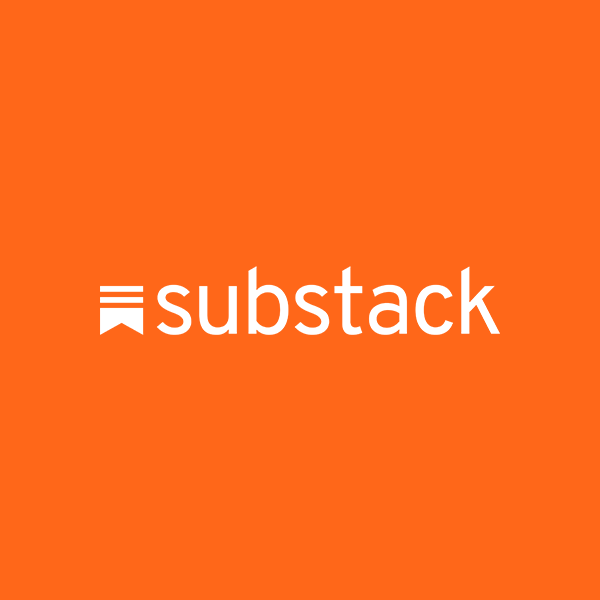How the Internet is Changing Government Agendas
The world is in a transition from industrial and information economy into conceptual economy. Value is in meaning, not in function. The resource of this economy are talents. They are empowered by information and communication technologies. The game is how to make use of all this talent.
Businesses do open innovation, governments should do open government. It does not end with transparency, it is about how decision-making in a society would rely on as many good brains as possible. You do this by (a) letting people, individuals, not governments decide and (b) when government has to make decisions, it should do it in an open way – provide a platform for reaching decisions and agreements among stakegolders.
Governments must take steps to support this conceptual economy. They should (a) create, attract, retain and empower talent, (b) provide technical infrastructure (internet for all) such that does not stifle innovation and competition and (c) think what kind of intellectual property rights would be most appropriate in an economy that is increasingly de-materialized.
This is a brief summary of a talk I gave yesterday at the European Internet Foundation. Speaking notes are attached.
